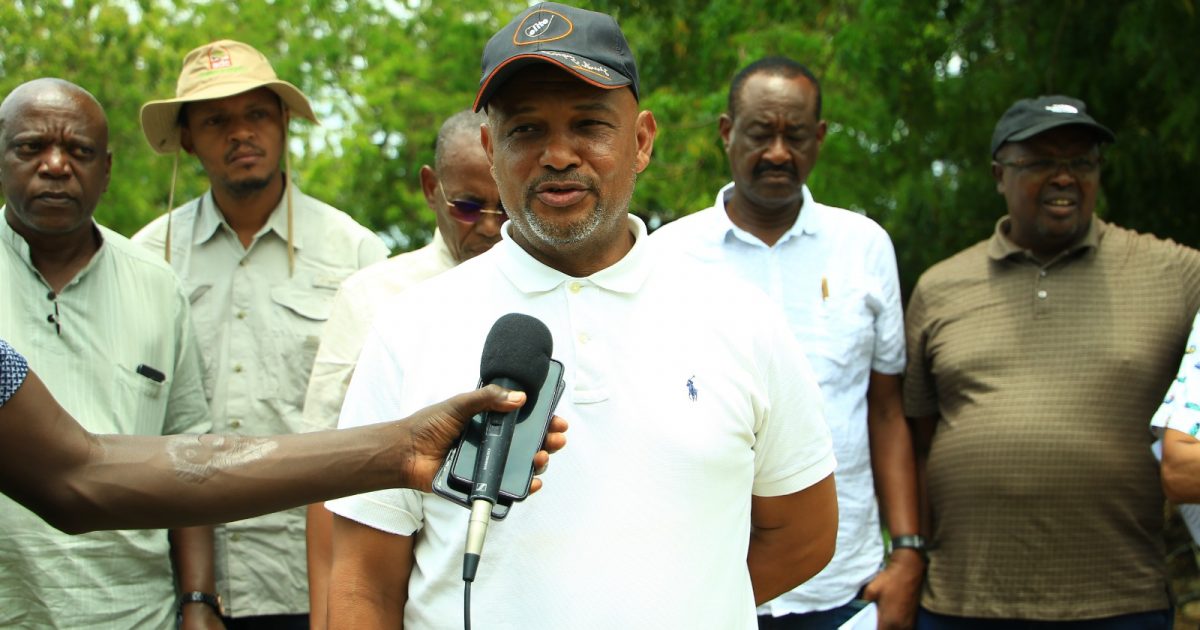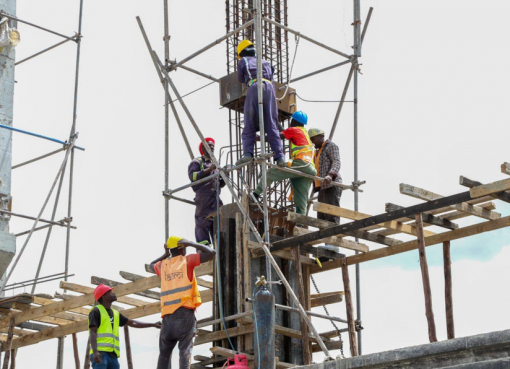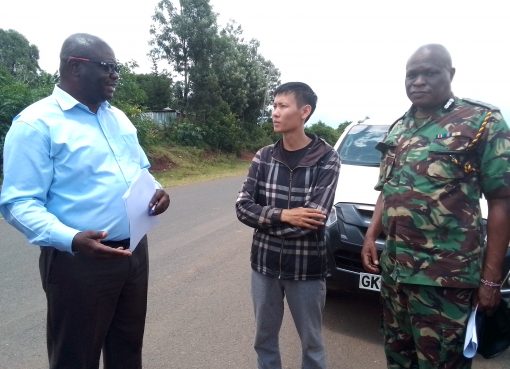The newly inaugurated Agricultural Development Corporation (ADC) Board is determined to ensure the country is food-sufficient after the recent prolonged drought.
The Board is forging partnerships with the private sector to ensure they maximise the potential of the ADC lands in Galana Kulalu in Tana River County and the ADC Kisiwani Complex in Malindi, Kilifi County.
“The government, through the Public-Private Sector Partnership (PPP) Act, is encouraging partnerships with the private sector. We are heading towards that,” said ADC Managing Director (MD), Mohammed Bulle.
He spoke at the ADC Kisiwani Complex in Malindi, where the new board, led by Chairman Abdillahi Alawy, visited after touring the Galana Kulalu project in Tana River.
The Board has visited other parts of the country, including Kitale, where there are satellite ADC facilities, to assess them in their orientation tour.
According to the MD, partnerships with the private sector will happen in Galana and not at the ADC Kisiwani complex.
“It is going to happen in the near future. We are seeing a situation where we are going to have several partners, basically for food production, so that food and nutrition in this country are secure,” Bulle said.
Already, some potential partners from the private sector have made applications to the ADC, which the Board will look into and select the ones that meet the laid requirements.
Some of the private sector players that have made applications include the Nyumba Foundation, which is keen to partner with the government in coming up with crops for the production of cheap edible oil.
If it comes to fruition, this will enable the country to produce adequate edible oil locally, thus lowering the cost of the commodity.
Others include Twiga Foods, which wants to do maize farming to increase production. The Sheldrick Wildlife Trust has made an application to partner with the government in the conservation of wildlife and vegetation and could also potentially work at the Galana Farm.
“These are among many applications with us already, and the Board is doing due diligence to find out who fits the standards set by the Act,” Bulle said.
Bulle said the Climate Change phenomenon has greatly affected the ADC lands, with the unpredictability of the weather posing a great challenge.
“Today you are in good shape, and then tomorrow you are in a drought, and you are forced to import grass all the way from Kitale to Malindi,” Bulle said.
“I can remember in the last drought we were transporting a bale of hay that was costing us Sh200 in Kitale, and when it arrived here it was Sh500,” he added.
He said that at the moment, the ADC has over 12,000 acres of maize in Kitale, but they are worried because they are not sure whether the imminent El Nino rains will destroy the crops or whether they will survive.
To secure their lands, ADC has partnered with the National Youth Service (NYS) to dig trenches around the farms.
The Board Chairman, Abidllahi Alawy, assured that everything possible will be done to address the many teething problems affecting ADC lands, including encroachment and underutilization.
“We have illegal grazing going on, and we have a huge amount of land, but we have not sustained some of the livestock on the ground,” Alawy said at the ADC Kisiwani Complex.
The complex occupies 3,900 acres of land located in Malindi and scattered across the Magarini constituency.
Alawy said the Board will convene to address the legal ownership of the ADC Kisiwani complex land, with the growing local population surrounding the complex also claiming ownership of part of the land.
“This orientation carries a lot of weight with regard to what we want to learn, what we want to verify, what we want to see with our own eyes, and what we want to achieve,” he said.
The Board Chair said management will do a verification process once they get back to Nairobi and make Kenya a food-secure country as envisioned by President Dr. William Ruto.
“We are determined to work smart to achieve what we spell out in our strategic plan,” Alawy said.
By Sadik Hassan





